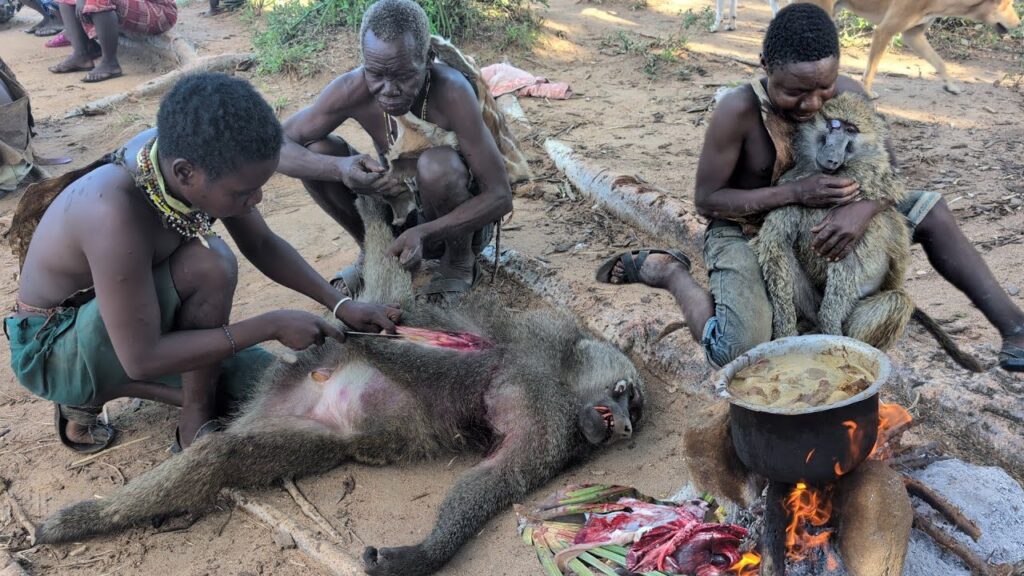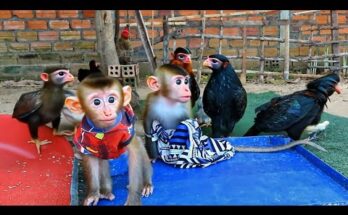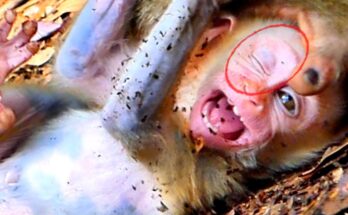
In the remote, sun-scorched regions of northern Tanzania lives one of the oldest hunter-gatherer societies on Earth — the Hadza (or Hadzabe) tribe. With a population of fewer than 1,500 people, their way of life has remained remarkably unchanged for tens of thousands of years. Living without modern tools, electricity, or even agriculture, the Hadza rely entirely on nature — hunting wild animals, foraging for roots, fruits, and honey, and sharing everything as a close-knit community.
One of the most eye-opening experiences for visitors or documentary makers is witnessing a Hadza hunting expedition. On one such day, a small group of hunters prepared for the day’s mission. Armed with handmade bows and arrows tipped with natural poison extracted from desert rose plants, the men set out before dawn. Their target: a baboon, one of the wild animals occasionally hunted by the tribe for food.
Tracking baboons is not easy. These intelligent primates are highly alert and travel in groups. But the Hadza know their environment better than anyone. They read the signs in the dust, listen for subtle noises in the trees, and move with stealth. After hours of patient tracking and quiet movement, they finally spot a small group of baboons on a rocky hill. A silent signal is given, and one of the hunters takes his shot. The arrow flies fast and true.
After a successful hunt, the tribe returns to their camp. There’s no celebration, only gratitude. The Hadza believe in taking only what they need and honoring the animals they hunt. Nothing is wasted. The baboon is skinned, cleaned, and prepared for cooking. The meat is roasted over an open fire using nothing but natural firewood. No spices. No oil. Just smoke, heat, and ancient tradition.
The smell of roasting meat fills the air, and the tribe gathers around. The baboon is carefully turned over the fire until it is fully cooked — the skin crisp, the meat tender and aromatic. For the Hadza, this is more than a meal; it’s a reward for the day’s hard work, a symbol of survival, and a reminder of their deep connection with nature.
When it’s ready, everyone eats together. Children, women, and elders share the meal, each piece passed around until all are full. They describe the meat as flavorful — rich, wild, and satisfying. Though it may seem unusual to outside cultures, to the Hadza, this is a normal and necessary part of life in the bush.
Watching the process — from the hunt to the fire-cooked meal — is both humbling and fascinating. It reveals a lifestyle built not on excess, but on balance. It’s a world where food is earned, not ordered, and where every bite tells a story of resilience and harmony with the earth.


